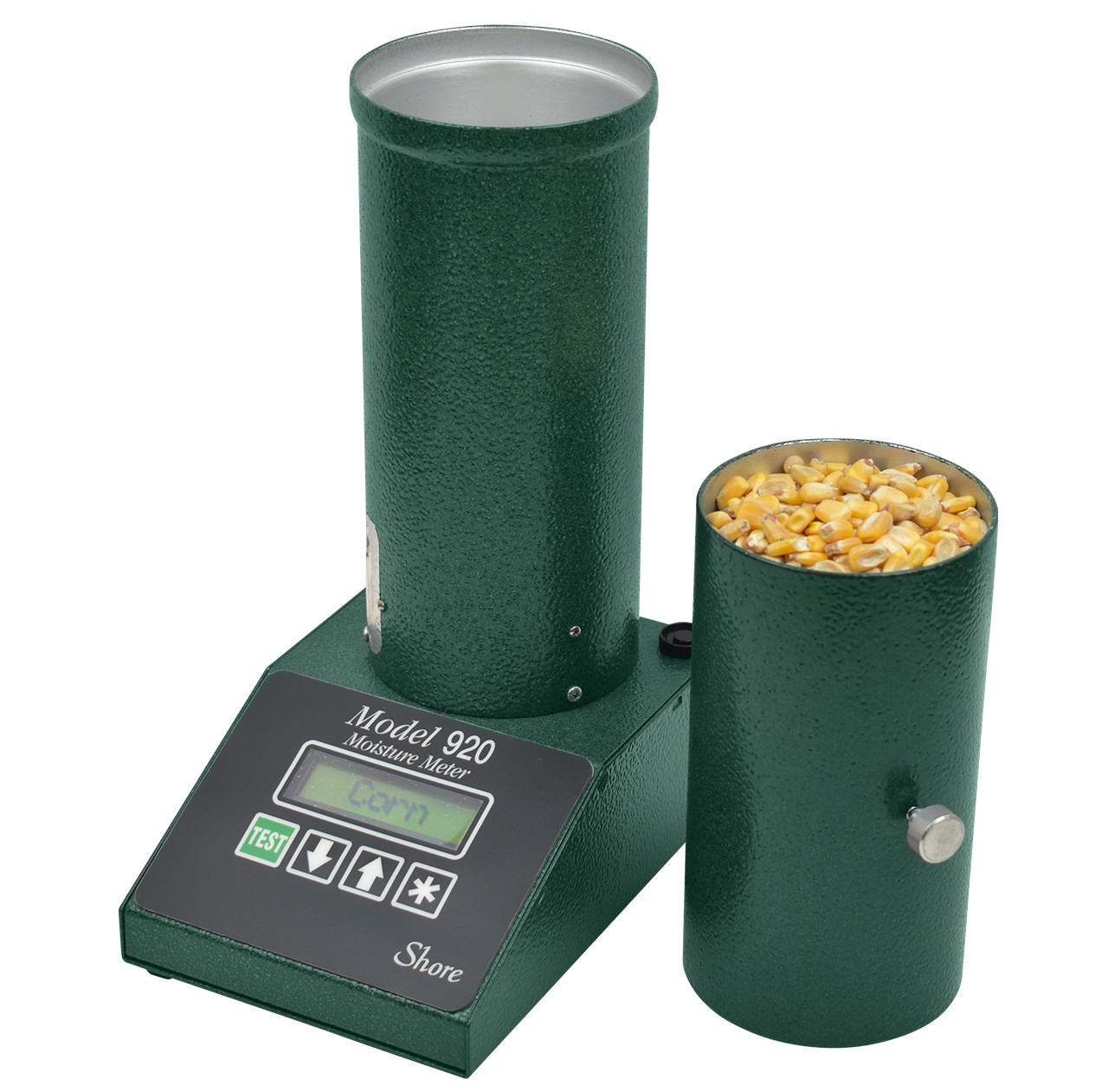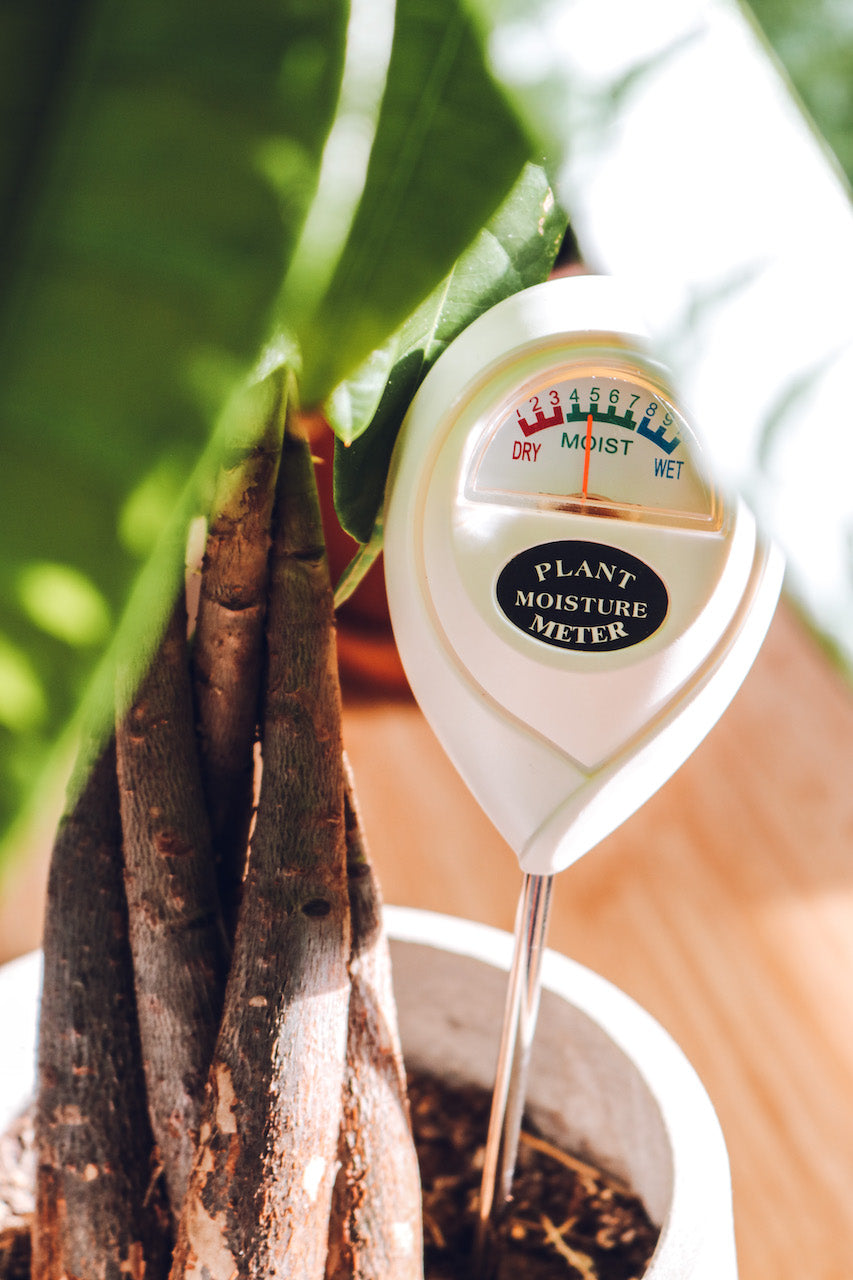The Science Behind Moisture Meters: How They Work and Why They're Important
The Science Behind Moisture Meters: How They Work and Why They're Important
Blog Article
The Ultimate Guide to Moisture Meters: A Comprehensive Review and Exactly How They Can Save You Cash
Wetness meters offer as important devices in spotting and keeping an eye on moisture web content in materials, helping in protecting against costly damages and making sure the top quality of items. Understanding the nuances of various kinds of dampness meters, their applications, and the prospective cost-saving benefits they use can be a game-changer for experts and organizations alike.
Kinds Of Moisture Meters
One typical kind is the pin-type wetness meter, which measures the electric resistance between two pins inserted into a product. Pinless moisture meters, on the various other hand, use electromagnetic sensing unit plates to scan a bigger area without creating damage to the product's surface area.

Infrared moisture meters gauge the thermal residential or commercial properties of a product to identify its wetness content non-invasively, making them beneficial for applications where pin or pinless meters might not be ideal. Comprehending the various kinds of moisture meters available can help industries choose the most appropriate tool for their certain moisture measurement needs.

Benefits of Utilizing Moisture Meters
Moisture meters provide very useful benefits in properly evaluating and monitoring wetness degrees in varied materials and environments (Moisture Meter). Among the key advantages of making use of moisture meters is the avoidance of possible damage triggered by excess dampness. By finding and attending to high moisture levels early on, moisture meters assist to avoid mold development, rot, and structural damages in structures, saving both money and time on fixings. Furthermore, moisture meters aid in ensuring the top quality of materials throughout building and construction or production processes. By precisely gauging moisture material, these tools assist preserve the integrity of wood, drywall, concrete, and various other materials, decreasing the threat of problems or failures.
Moreover, utilizing wetness meters can result in raised energy efficiency. By determining locations with high wetness degrees, such as leaks or poor insulation, adjustments can be made to boost energy conservation and lower utility expenses. In farming settings, dampness meters play an essential role in enhancing plant returns by making it possible for farmers to keep track of soil dampness degrees and make educated watering decisions. In general, the advantages of utilizing moisture meters span across various sectors, supplying economical remedies and promoting far better quality assurance methods.
Exactly How to Select the Right Moisture Meter
When choosing a wetness meter, it's important to make sure that the meter is suitable for the specific product you will certainly be testing. Various materials have varying electrical properties that can impact dampness analyses, so choosing a meter developed for your material is crucial for accurate results. By very carefully evaluating these elements, you can select a dampness meter that fulfills your requirements and offers precise dampness measurements for your tasks.
Appropriate Techniques for Wetness Meter Usage

Expense Financial Savings Via Dampness Meter Applications
Just how can the critical use of wetness meters result in substantial price savings across numerous industries? Wetness meters play a crucial function in expense financial savings by preventing potential damage and making sure top quality control in various sectors. In the farming sector, dampness meters aid in figuring out the optimal time for harvesting plants, preventing over-drying or excess moisture that can affect the final product's about his quality. This specific tracking assists farmers avoid unneeded losses and maximize their return.
In a similar way, in construction, dampness meters aid avoid expensive damages by finding wetness degrees in building materials, such as wood or concrete, which can cause structural issues if not addressed promptly. By recognizing issue locations beforehand, specialists can take rehabilitative measures to stay clear of extensive repair work or replacements, ultimately saving money and time.
Furthermore, in the food handling industry, moisture meters are vital for keeping an eye on product top quality and making certain conformity with security policies. By properly gauging moisture material in food, suppliers can prevent wasting, maintain quality, and reduce waste, causing substantial price financial savings. In general, the tactical application of wetness meters is a useful investment that can result in substantial price decreases and enhanced effectiveness throughout various sectors.
Conclusion
In verdict, wetness meters are important tools go now for determining and identifying dampness levels in numerous materials. By using the appropriate moisture meter and following proper techniques, users can properly stop pricey problems caused by excess moisture.
Moisture meters serve as vital devices in discovering and monitoring moisture web content in products, aiding in avoiding pricey damages and making sure the top quality of items. Infrared moisture meters determine the thermal properties of a product to identify my response its moisture material non-invasively, making them helpful for applications where pin or pinless meters might not be appropriate.Wetness meters offer very useful benefits in properly monitoring and analyzing wetness levels in diverse products and atmospheres. In agricultural setups, dampness meters play a crucial role in optimizing plant returns by enabling farmers to check dirt dampness levels and make notified watering decisions.In verdict, moisture meters are beneficial devices for measuring and finding dampness levels in various materials.
Report this page